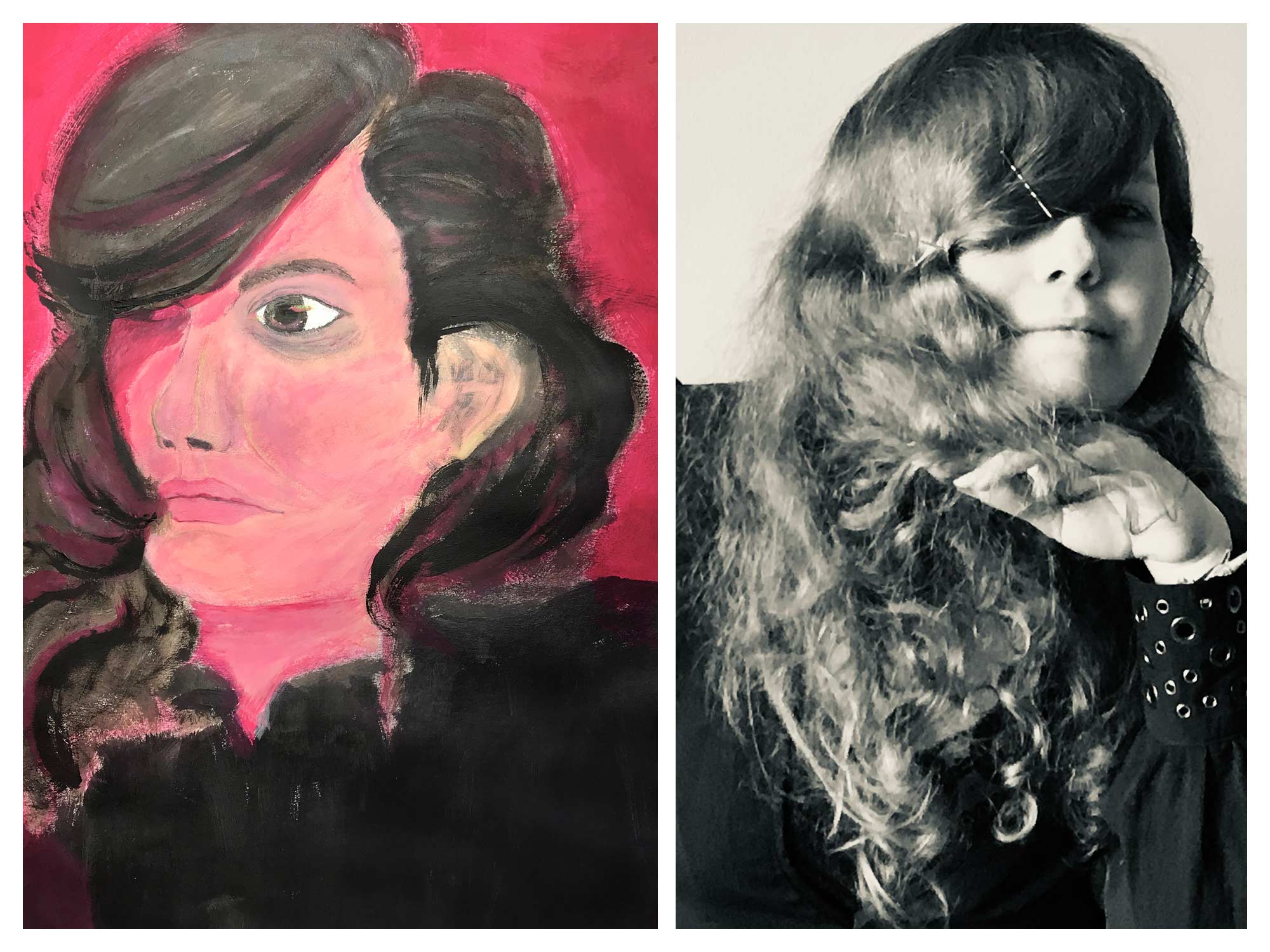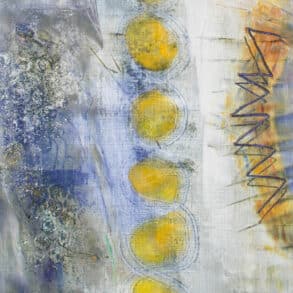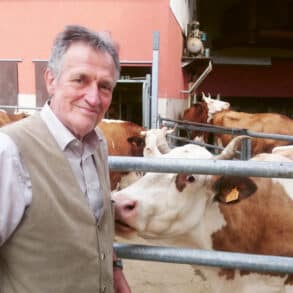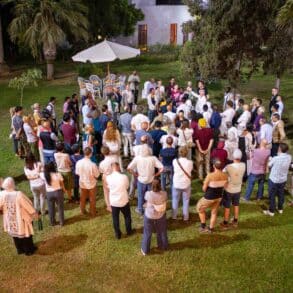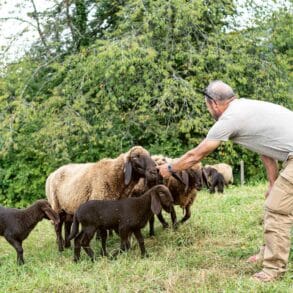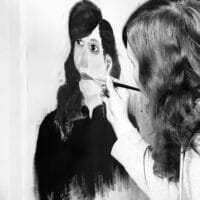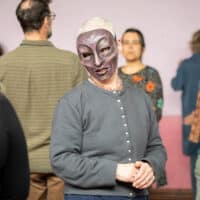We want to go beyond prejudice. Sharing ideas with each other helps. Here are some perspectives on the topic.
Sacred Freedom
My life has taken me across borders; I live and lived in many worlds – in conservative Texas and cosmopolitan Switzerland, in buddy-buddy sports teams and spiritually sensitive communities. Some of these worlds are just a click away from each other. On Instagram, I see a dear trans friend celebrating the installation of a highway poster he designed that reads: “Trans people are sacred.” On X, I see an explicitly anthroposophically oriented account lambasting a Waldorf school for including a non-binary gender option on a registration form. The author accuses the school of “perpetuating the myth that we can be born in the wrong body.” I wouldn’t say we are karmically doomed to live where we were born. There is a sacred freedom in being able to move, even though that isn’t always possible for everyone. What if that applies to our bodies, too? I am fortunate to be comfortable in my body and to easily cross boundaries, but I suspect that there are many people who long for a place of refuge and who find a home for their soul elsewhere. Let’s call it a transmigration of souls. Charles Cross
It Becomes Apparent
“Receptivity” and “productivity” are polar virtues of the soul, says the philosopher Karl-Martin Dietz, calling them “working principles of the mind” in his book of the same name. It is the feminine and masculine in the soul. Increasing both—the sensitivity that resonates in the O and A, and the creativity that resounds in the I and E—while simultaneously keeping the balance, is what makes you human. I had the privilege of observing a distant acquaintance change from Johannes to Johanna, watching as changes in gait, complexion, gestures, and even, with practice, the pitch of the voice, altered the balance. What it might mean to play the feminine strings of the soul as a man goes right to the bone when you witness such a change. We do many things on behalf of others, learning from and for each other—perhaps in this case, too. I suspect that I find the path to the self when I, like the glow in the red window of the Goetheanum, awaken the bull in myself as a woman and the lioness in myself as a man. Now there are people who show us this. Wolfgang Held
No Idea
When I was 16, I told my mother that I couldn’t deal with being a boy and would rather be a woman. She looked at me and said: “No problem!” After that, nothing happened. For years. I would have liked her help because I didn’t know how to proceed. She probably didn’t know either. She probably had no idea—no idea that something like that was possible and doable. That’s why she might not have recognized my distress. She was blind to my need for a different gender. I don’t know if she dismissed it as a whim. To this day, she has never spoken to me about it again, as if she didn’t have the language for it. And for nearly seven more years, I remained silent and tried to accept it. I’m slowly finding my language and my expression. Frey
Supra-sexual
“Sexuality comes from asexuality. Male and female come from male-female. This difference will disappear again in the collective, objective spiritual external world when man finds his self in the great universe, […], which has no gender. […] When this thought is fully alive, so that it can permeate culture, […], then the sun has risen. Then the future of our culture is given of its own accord, […], and this culture must not bear anything in the external world that has anything to do with gender. So we enter institutions, establishments, which show us a cultural environment, […] that is […] the same for men and women. […] In this way, a future, natural supra-sexuality will also emerge from the present supra-sexual that man himself creates. […] What man creates as asexual culture will later create a supra-sexual nature.” Rudolf Steiner (From: “Das Wesen des Menschen im Lichte der Geisteswissenschaft” [The nature of humanity in the light of spiritual science] GA 68d. Rudolf-Steiner-Verlag, Basel 2022, pg. 64 ff.)
Between Inside and Outside
I have never identified myself with my gender. My inner being and the conditions under which it manifests itself are two different things. My body, the color of my eyes, my mother tongue, my homeland—these are the conditions that I encountered when I came to Earth. Maybe I find them great, maybe unsatisfactory or even disturbing, maybe I learn to accept them, even to love them, or maybe I want to change them. In the course of evolving through to materialism, humans have learned to identify with their bodies. If the question of the relationship between the inside and the outside is becoming more and more important in our time—is that not a sign that these bonds are loosening? Is the end of materialism being felt through a change in the relationship to the body? In any case, it is certainly about learning to perceive the uniqueness of others. And finally, as singer Zaho de Sagazan recently said when asked about her gender: “Just as I am convinced that we are all bisexual, I am also convinced that the truth lies in a world where gender no longer exists.” Louis Defèche
Translation Laura Liska
Images The finished self-portrait of Frey, and Frey. Photos: Gilda Bartel

